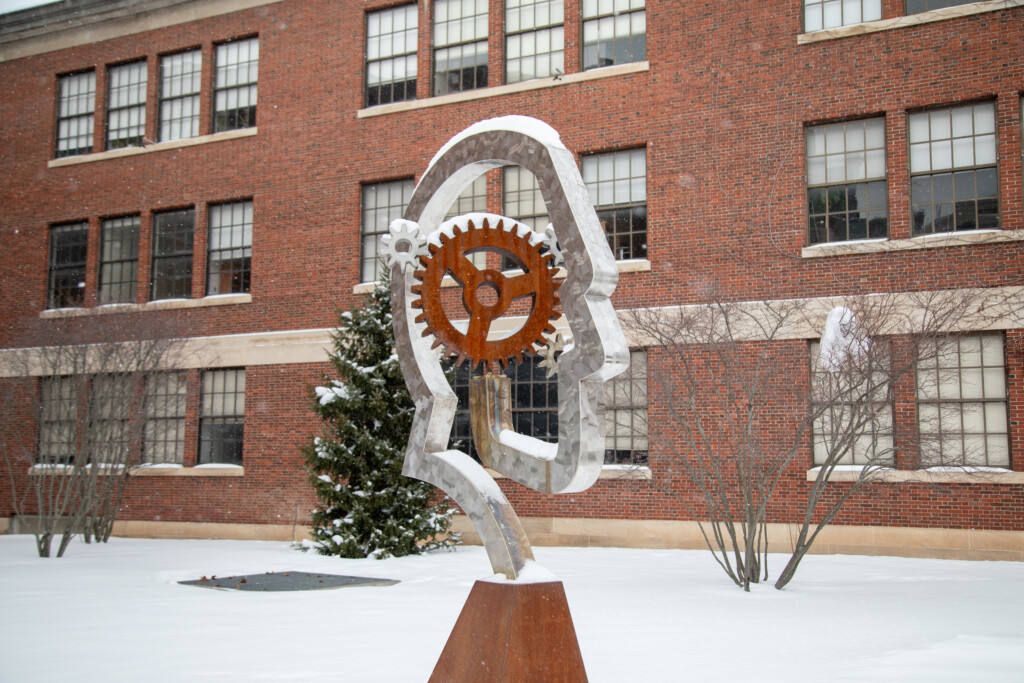The onus of running a successful student group relies heavily upon student leaders’ shoulders. Still, every group, from the highly successful to the practically defunct, has a club adviser, who is an experienced resource to help groups thrive and navigate administrative red tape. Unfortunately, advising is an oft-overlooked asset within the Students’ Association.
One reason may be that student officers don’t realize that the adviser can do more than simply sign an occasional form. But a second and more considerable problem is that there are not enough advisers to adequately cover student groups.
A handful of advisers oversee large, and at times unwieldy, group categories for example, one adviser alone is in charge of over 20 performance groups and the 13 cultural groups, in addition to overseeing other administrative duties. While there is some sense in centralizing the system so one adviser coordinates similar interests, about eight staff cannot serve 225 (and growing) student groups well.
Groups that desire growth in new directions and more collaborative initiatives simply cannot receive adequate and personalized attention from an overstretched adviser. Graduate students have been helping advisers with their tasks, and if these assistants were to take on a greater role in the system and receive more training, then they can personally help students where full-time advisers cannot.
Students certainly still desire their autonomy. But expanding the adviser system does not mean students need to sacrifice their independence. An expanded advising system would mean groups that proactively want the help will have better access to it, as well as a sufficient system to accomplish and better develop their initiatives.
